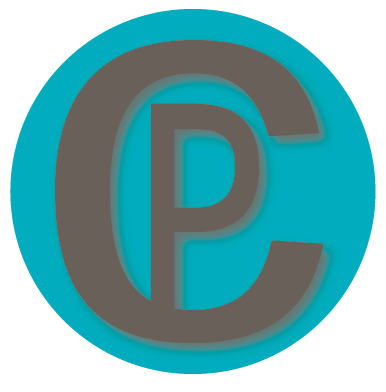By Izzy Wagner
Although operating hours officially end at 7 p.m. on Fridays, Joyce Lane, a data collection specialist at Athens’ local harm reduction program Access Point of Georgia, often continues working after hours. Lane and Executive Director Riley Kirkpatrick are the founding members at Access Point and currently handle the majority of operations.
Lane compiles information Access Point collects to show the extent of the syringe service’s impact on people who use drugs, as well as recording and mapping overdoses in the region. Data collection is vital to understanding the rising opioid crisis that provokes the need for more harm reduction programs such as Access Point. According to the CDC’s National Center for Health Statistics, drug overdoses in the United States rose 28.5% from 78,056 to an estimated 100,306 from 2020 to 2021.
Given the many hours spent in their workspace, Lane and Kirkpatrick have personalized it to create a homey feel. Colorful tapestries and flags line the walls and various musical instruments are propped up against the wall. Lane sits on an upholstered armchair nestled in a makeshift living area. Their warm greeting and the soothing acoustic music playing from the TV create an instantly comforting atmosphere.
Access Point provides various harm reduction services including clean needles, naloxone kits, and peer check-ins for substance abuse disorders. As a certified peer specialist, Lane uses their lived experiences to relate to their participants and provide a space for vulnerability and healing.
Lane said “creating a space of non-judgment,” is essential to harm reduction work.
As someone who identifies as non-binary, Lane knows what it is like to be part of a marginalized group, allowing them to deeply connect with underserved members of the Athens community. Access Point has an entirely queer staff, which Lane said “wasn’t intentional.”
“Being queer made me want to do more socially-oriented and service-oriented work. The initial syringe service programs that came about in America were a response to the AIDS crisis. Harm reduction culture and queer culture are definitely intermingled a lot,” Lane said.
When they started their needle exchange program in 2020, Lane and Kirkpatrick worked in parking lots, handing out clean needles and naloxone kits from the trunk of Kirkpatrick’s car. As the opioid crisis worsened in Athens and demand grew, they were able to relocate to an official building.
Harm reduction programs like Access Point have gained bipartisan support in response to a worsening addiction crisis. Rep. Houston Gaines, a Republican from Athens, sponsored a bill to legalize syringe services programs, allowing intravenous drug users to exchange used needles for fresh ones. The bill passed in 2019.
Kirkpatrick credits Access Point’s expansion to their peer-based approach to harm reduction. He and Lane expressed their disinterest in calling Access Point a “clinic” because of the word’s medical connotation.
“We run a peer-based program specializing in addictive diseases and mental health. That’s what makes us so different. If we really, truly want to make change in the opioid crisis, it is important that we acknowledge that what we are doing is pretty radically different than the status quo,” Kirkpatrick said.
The principles of harm reduction acknowledge a spectrum of drug use, meaning that even those who only occasionally use drugs can implement harm reduction tactics to maintain safe drug practices. Access Point serves any individual hoping to engage in safer use, whether they are a daily intravenous drug user exchanging syringes, or a college student hoping to pick up fentanyl test strips before taking MDMA on a weekend.
Access Point’s growth has been made possible by progressive legislation, donations and support from volunteers. Kirkpatrick and Lane expressed the continued need for volunteers who understand their mission of reframing addiction recovery by treating drug users with dignity.
“People who use drugs are no different from the rest of us. People who use drugs should be treated like our friends, like our neighbors, because they are,” Lane said.

